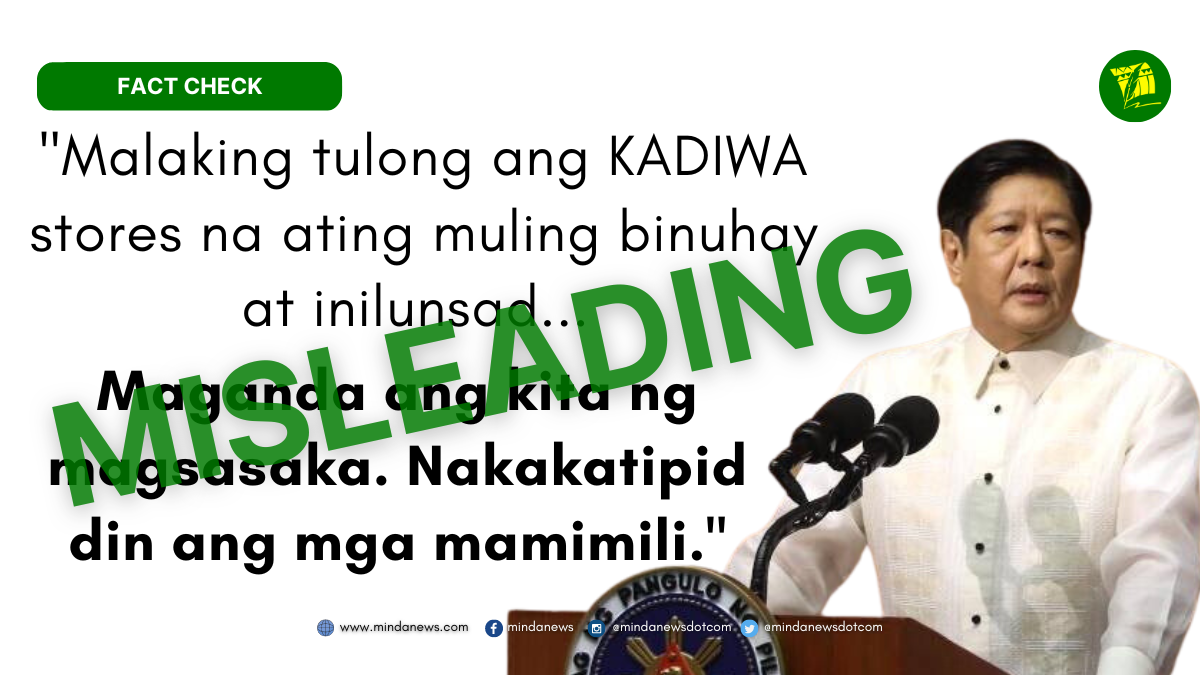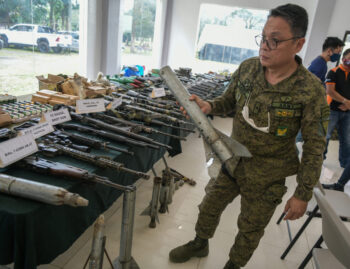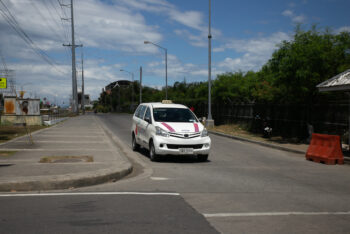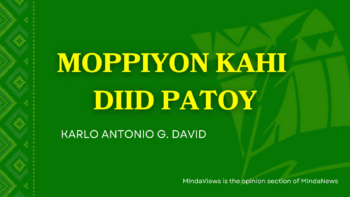
In his second State of the Nation Address (SONA) last July 24, President Ferdinand Marcos Jr. said the past months saw a decrease in the prices of goods. He said it’s possible to bring down the prices of rice, meat, fish, vegetables, and sugar, which are among the country’s basic commodities.
Marcos, who is also secretary of the Department of Agriculture, noted that the Kadiwa stores largely contributed to the supposed drop in prices by directly linking the farmers to the buyers and doing away with intermediaries, thus eliminating additional cost and markup. “The farmers earn well. The buyers also spend less,” he said in Filipino.
He did not mention, however, that Kadiwa stores are being subsidized by the government.
Kadiwa stores are selling rice at P25 per kilo with a maximum buy of four kilos per person, sugar at P70 per kilo, and red onions at P170 per kilo.
In wet markets in the National Capital Region, as of July 7, sugar retail prices ranged from P88 to P110 per kilo, with P95 per kilo as the prevailing price. In groceries and supermarkets, the prices ranged from P86 to P114 per kilo, with P105 per kilo as the prevailing price.
In his SONA, the President, however, did not mention that Kadiwa stores are selling at prices subsidized by the government, a scheme that an expert said “could be unsustainable.”
“You can only keep it up briefly… for a few weeks (or) months as it will cost the government money. I think that if we view KADIWA as a targeted, short-term assistance, it will be useful, but over the long term, it is wasteful,” Bruce J. Tolentino, a member of the Monetary Board, told reporters during a seminar hosted by the Economic Journalists Association of the Philippines and San Miguel Corp. on May 6 this year.
“It’s quick-acting but it is usually not sustainable. It will only last until ‘ayuda’ (government aid) is available. KADIWA offers cheap food — bought by the DA (Department of Agriculture) at a high market price and sold at a subsidized price, but how long can they keep those subsidies?” he added.
In a post on her blog dated January 14 this year, economist Winnie Monsod, quoting a finding by Ombudsman Samuel Martires, said that earlier in the same month, the DA bought onions from a cooperative “at P140 million at P537 per kg and sells them through the Kadiwa at P170, thus losing about P96 million.”
“Selling at P170 was clearly to create the impression that Filipinos were now paying only that amount for onions, or the Kadiwa was doing a great job,” Monsod added.
In his SONA, Marcos said the government will expand and strengthen the Kadiwa stores. Last year though he said Kadiwa operations would only be extended until March this year.
Higher prices of rice
Since the start of 2023, the prices of rice have not gone down based on monitoring done by the DA. On January 2, the prices of local special rice per kilo ranged from P48 to P60, premium rice from P40 to P48, well milled rice from P38 to P44, and regular rice from P35 to P40 at markets in the National Capital Region.
On July 21, three days before the SONA, local special rice in the NCR remained at P48 to P60 per kilo. Premium rice increased to P42 to P49, well milled rice to P40 to P49, and regular rice to 36 to P44.
Three days after the SONA, on July 27, the price range of local special rice stayed at P48 to P60 per kilo. Premium rice rose to P44 to P49, well milled rice to P41 to P49, and regular rice to P37 to P44. https://www.da.gov.ph/wp-content/uploads/2023/07/Price-Monitoring-July-27-2023.pdf
The prices of local rice did not differ much with those of imported rice.
As of July 30, the price monitoring on July 27 was the latest information available on the DA website.
During the election campaign last year, then candidate Marcos vowed to lower the prices of rice to P20 per kilo.
As with all our other reports, MindaNews welcomes leads or suggestions from the public to potential fact-check stories. (H. Marcos C. Mordeno / MindaNews)








